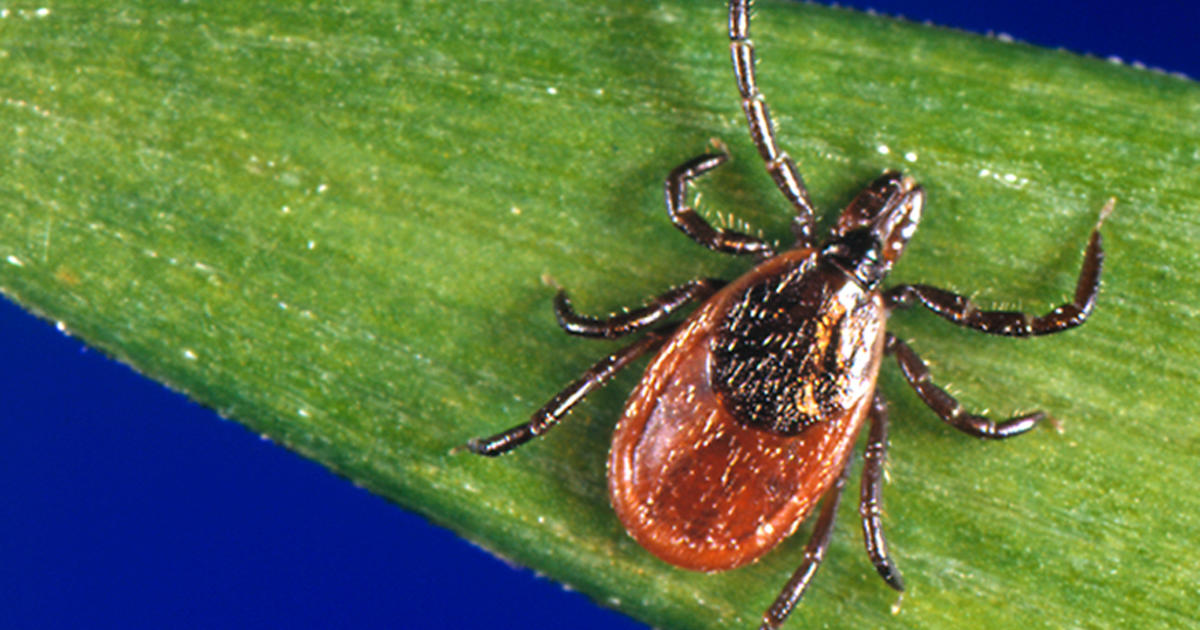Is Living Next To Logan Bad For Your Health?
By Tracy Hampton, PhD, Beth Israel Deaconess Medical Center Correspondent
Living next to an airport can be bothersome-from the noise of airplanes taking off and landing to the extra traffic caused by cars carrying people to and from their flights. A recent report from the Massachusetts Department of Public Health offers up another downside: increased health risks related to air pollution.
The report, which was released in late May, notes that rates of Chronic Obstructive Pulmonary Disease (COPD) are significantly higher among residents who have lived 3 or more years in a high exposure area located closest to Logan International Airport. Children in the high exposure area were found to be 3-to-4 times more likely to report asthma-related symptoms compared with children in a low exposure area.
The report was based, in part, on personal interviews with more than 6,000 adults and more than 2,000 children living in the 17 communities that are within a 5-mile radius of the airport including Boston, Brookline, Cambridge, Chelsea, Everett, Hull, Lynn, Malden, Medford, Melrose, Milton, Nahant, Quincy, Revere, Saugus, Somerville, and Winthrop.
While rates of COPD among adults and asthma-related symptoms among children were higher in residents living closest to Logan, the researchers did not find a significant increase in other respiratory, cardiovascular, and noise-related effects on health. Also, the study was observational, meaning that it does not prove a cause-and-effect relationship between airport emissions and nearby residents' health problems.
"The available evidence suggests that Logan Airport is indeed contributing a certain amount of emissions into the neighboring environment that is having negative effects on some residents' health," says Sidhu Gangadharan, MD, chief of thoracic surgery at Beth Israel Deaconess Medical Center.
"More research is needed, however, to fully understand the extent of these effects and the best ways to address them. This and other airports each make relatively small contributions to urban air pollution overall."
While the study raises concerns, investigators also note that Massport has taken measures in recent years to reduce sources of air pollution, including greater use of compressed natural gas fuels in airport vehicles and the installation of electric vehicle charging stations. The Department of Public Health recommends that additional measures be taken, with input from community health centers in the region.
"Efforts to improve air quality are important because COPD was the third leading cause of death in the United States in 2011 and asthma, while causing much less mortality, was the primary diagnosis in 1.8 million emergency department visits in 2010," says Dr. Gangadharan.
Above content provided by Beth Israel Deaconess Medical Center. For advice about your medical care, consult your doctor.
Posted July 2014




